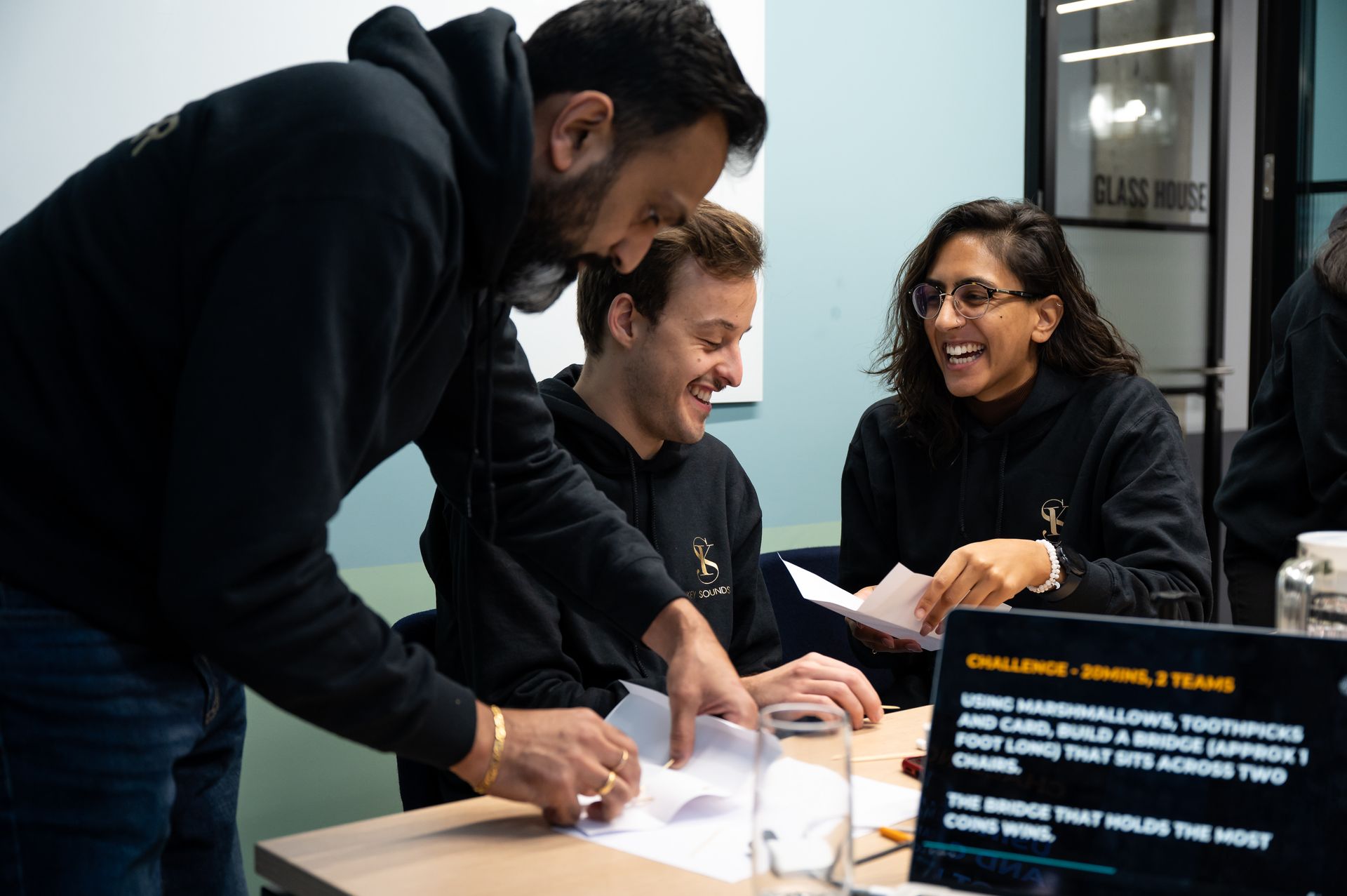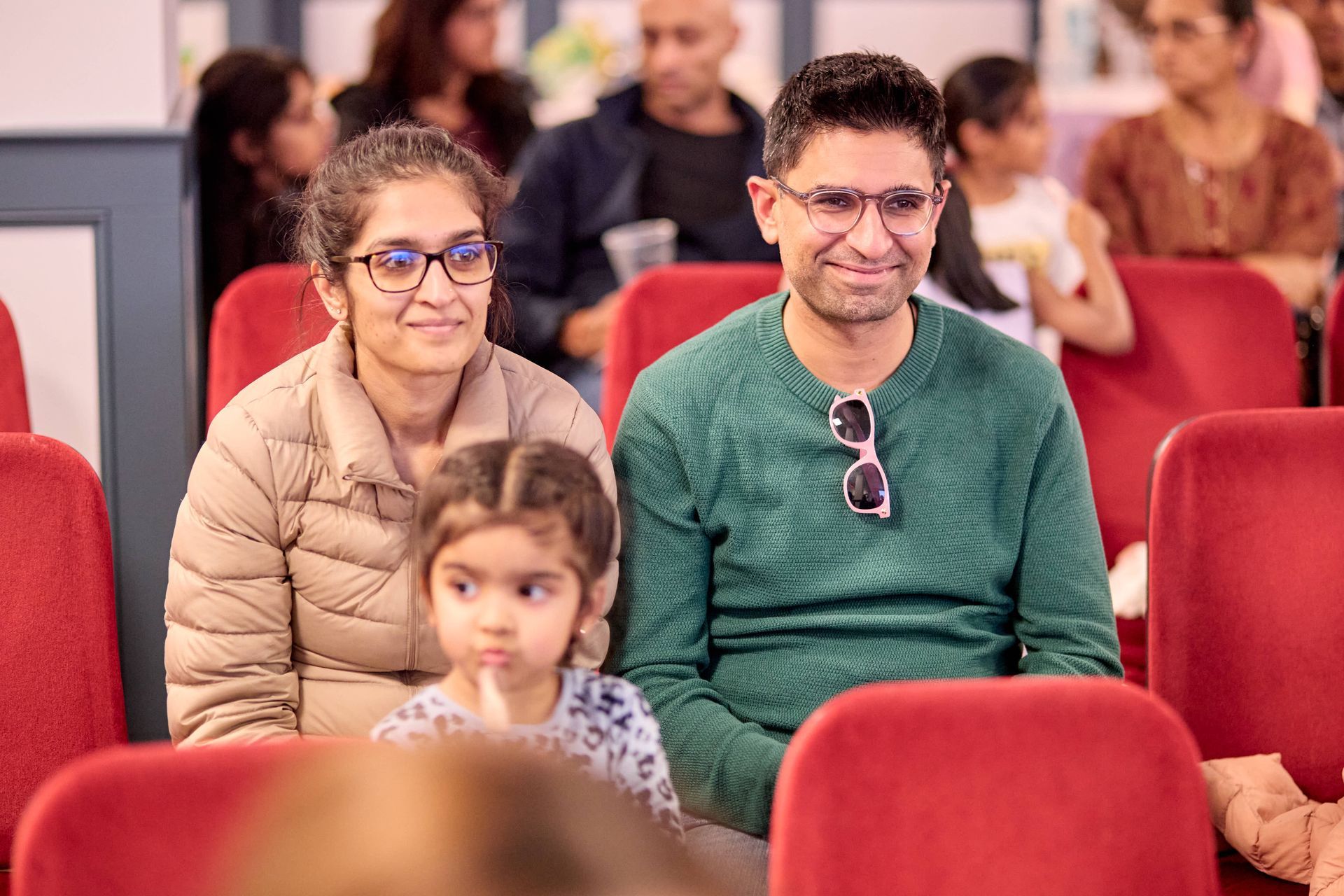How Parents of Piano Students Can Collaboration with their Child’s Piano Journey
1. Set Achievable Goals and Celebrate Milestones: Encourage piano students, with the help of parents, to establish achievable and measurable goals for their practice sessions. Whether it's mastering a new piece, learning specific chords, or improving finger dexterity, breaking down larger musical goals into smaller, manageable tasks makes the learning process more enjoyable. Parents can assist by setting up a reward system for reaching these milestones, such as a small treat, a fun outing, or extra playtime. Celebrating achievements motivates students and makes the practice routine more engaging.
2. Variety and Creativity in Practice: Introduce variety into the practice routine to keep it fun and engaging. Encourage students, with parental guidance, to explore diverse musical genres, experiment with improvisation, or even create their melodies. Parents can help by suggesting diverse pieces, playing musical games, or finding creative ways to practice such as utilizing apps or online tools that gamify learning. Mixing up practice sessions with exercises, sight-reading, and playing familiar tunes can make the routine more dynamic and enjoyable.
3. Make Practice Sessions Interactive: Encourage active involvement and interaction during practice sessions. Parents can participate by occasionally sitting in on the sessions, clapping along, singing if they know the lyrics, or even tapping a beat. This not only adds a social aspect to the practice but also creates a more supportive and enjoyable atmosphere. Additionally, integrating technology by recording short performances and sharing them with family and friends can make practicing more exciting. Creating a small home concert or playing for family members allows the student to showcase their progress, boosting their confidence and making the practice routine feel more rewarding.
By implementing these tips, both piano students and their parents can collaborate to create an engaging and enjoyable practice routine that not only improves musical skills but also fosters a deeper appreciation and love for playing the piano.
If you wish to know more about these hacks and resources, feel free to take a look around our website or connect with us directly!



